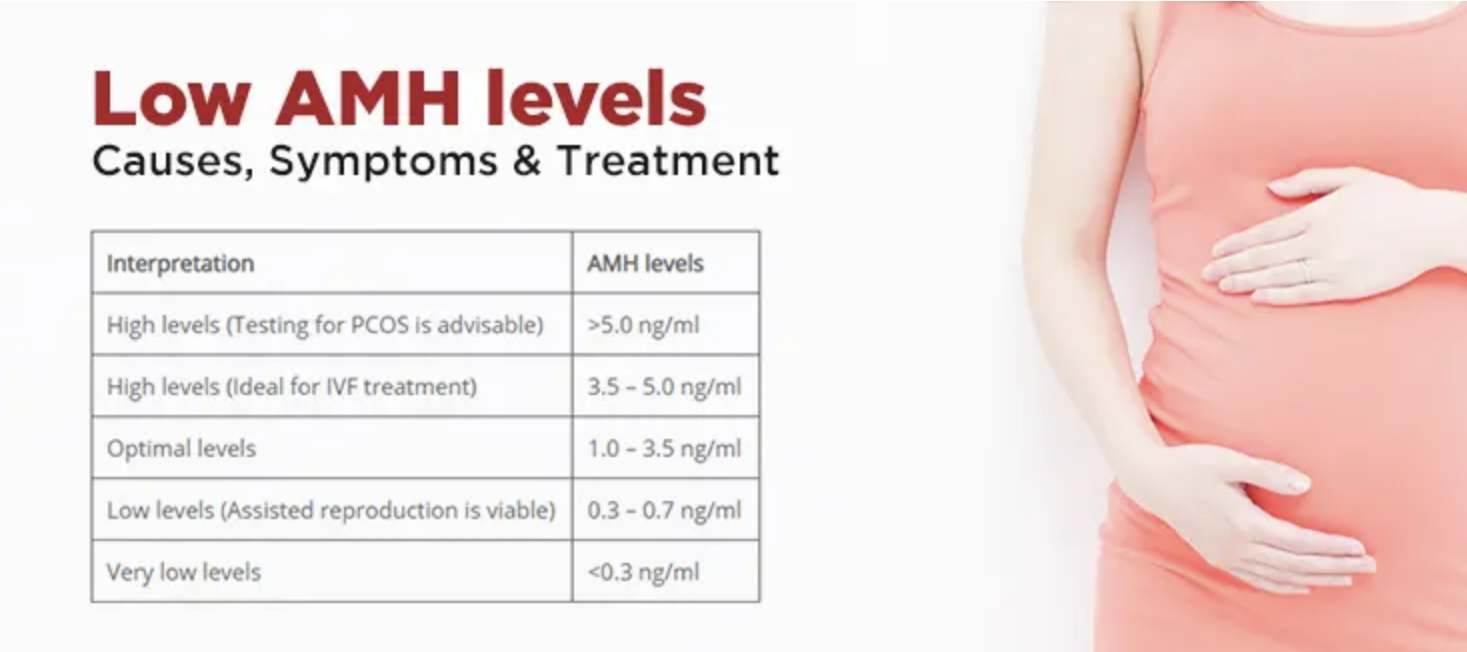
Low AMH Levels: Should You Be Concerned?
Low AMH Levels: Should You Be Concerned?
In the realm of fertility, Anti-Mullerian Hormone (AMH) plays a crucial role in assessing ovarian reserve and predicting a woman's reproductive potential. However, when faced with low AMH levels, many individuals find themselves grappling with concerns and uncertainties about their fertility. Let's delve into what low AMH means and whether it's a cause for immediate worry.
AMH is produced by developing egg follicles in the ovaries, providing an estimate of the ovarian egg supply. A lower AMH level typically suggests a diminished ovarian reserve, indicating a reduced quantity of eggs available for fertilization. While this can be a cause for concern, it's essential to understand that AMH levels alone do not determine fertility outcomes. Other factors, such as the quality of eggs and the overall health of the reproductive system, also play crucial roles.
A low AMH level does not necessarily mean that conception is impossible, but it may indicate that achieving pregnancy might be more challenging. It becomes particularly relevant for women planning to delay childbearing or facing difficulties in conception.
Various factors can contribute to low AMH levels, including age, genetics, certain medical conditions, and lifestyle factors such as smoking. Age is a significant determinant, as AMH levels naturally decline with age, especially after the age of 35. Genetic factors can also influence ovarian reserve, with some women naturally having lower AMH levels.
If you've received a diagnosis of low AMH, it's crucial to consult with a reproductive specialist. They can provide a comprehensive assessment of your fertility potential, considering multiple factors beyond AMH levels. The medical professional may recommend additional tests, such as antral follicle count and ovarian ultrasound, to gather a more comprehensive picture of your reproductive health.
In some cases, lifestyle modifications and interventions may be suggested to improve fertility outcomes. These can include adopting a healthy diet, maintaining a proper weight, and avoiding factors detrimental to reproductive health.
While low AMH levels may present challenges, they do not automatically signify infertility. Many women with low AMH levels have successfully conceived and delivered healthy babies. Understanding your fertility status empowers you to make informed decisions about family planning.
a low AMH level warrants attention and consultation with a fertility specialist. It's essential to approach the situation with a proactive mindset, exploring potential interventions and making informed choices about your reproductive journey. Remember, fertility is a complex interplay of various factors, and a low AMH level is just one piece of the puzzle.

